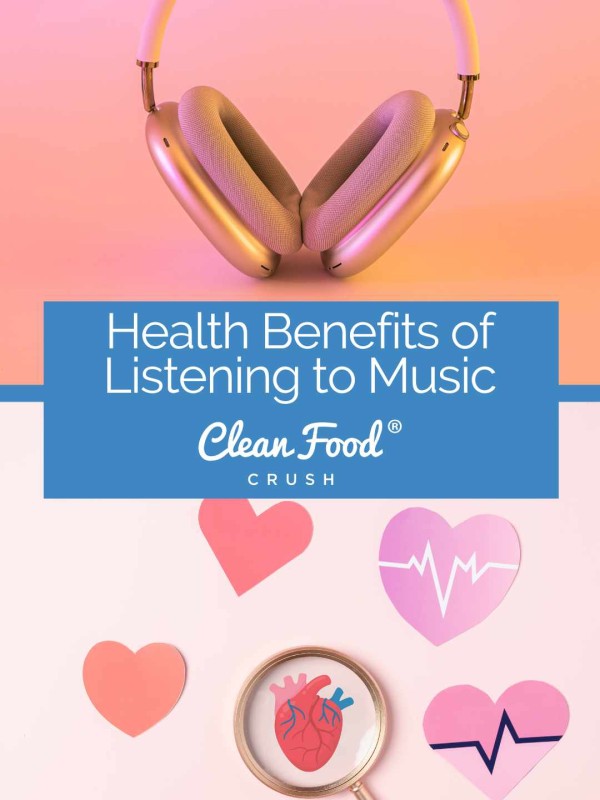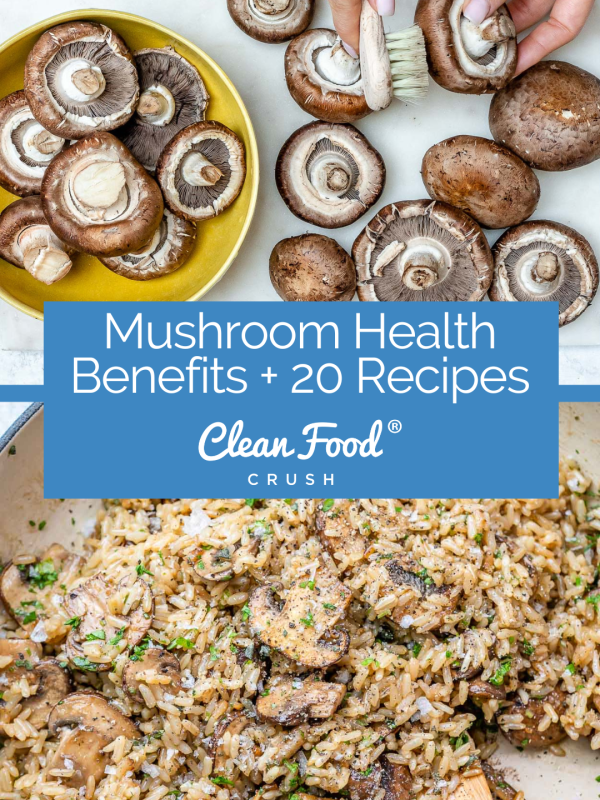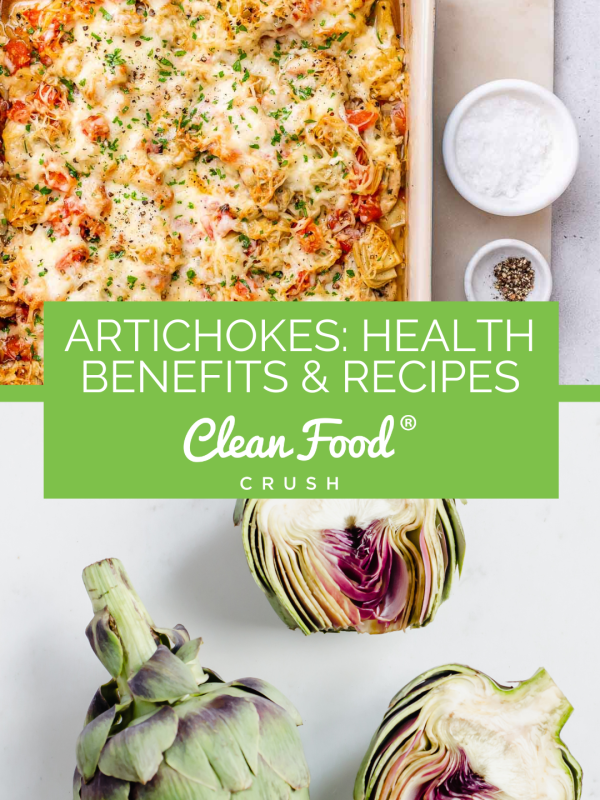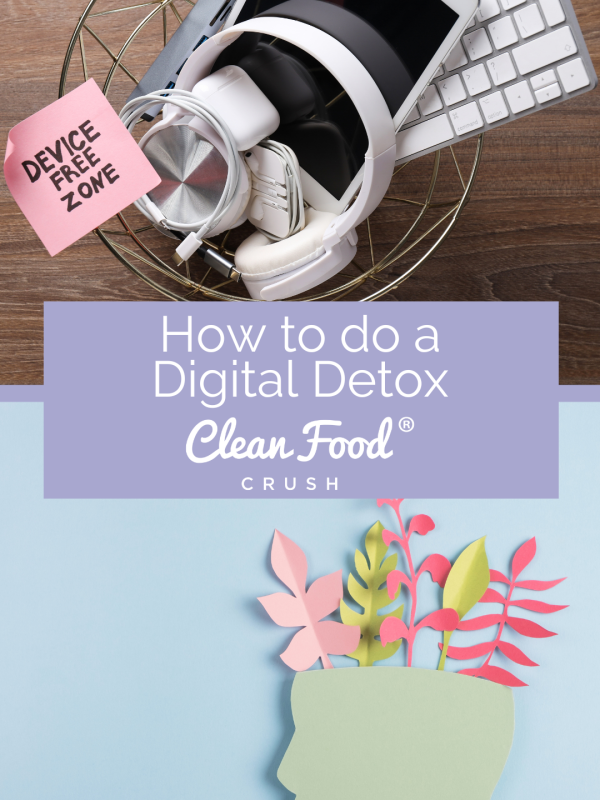This post contains affiliate links. Please see our disclosure policy.
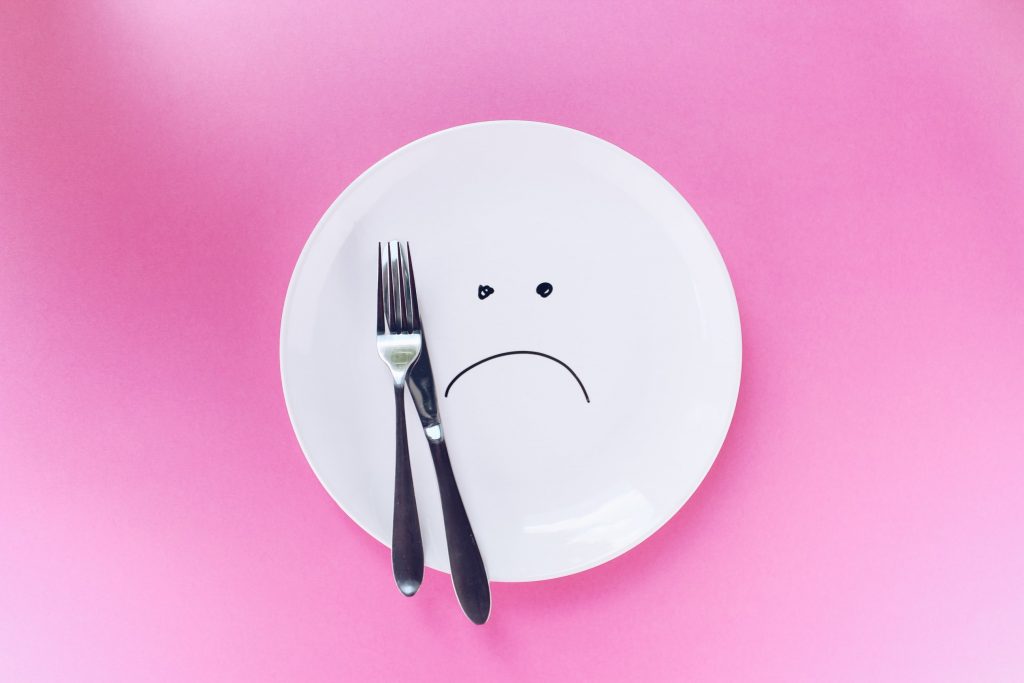
So many of us struggle with weight loss. Between fad diets and crash diets, conflicting advice and misinformation, it’s difficult to make heads or tails of weight loss. Shedding those extra pounds can feel tricky, but with the right strategy and a positive attitude, it doesn’t have to be so hard!
Below are 6 Myths About Weight Loss that Can Halt Your Progress:
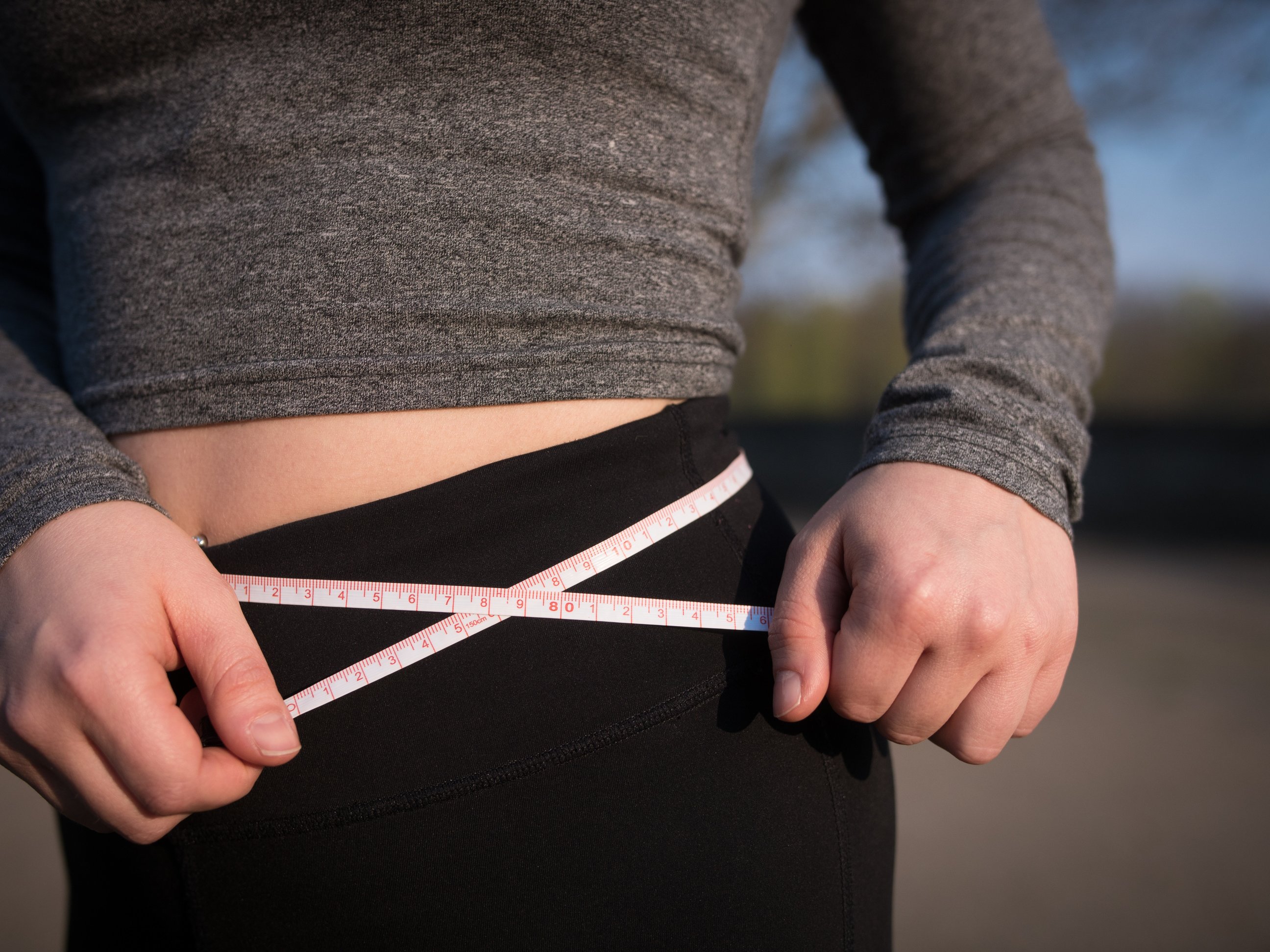
Myth 1 – You Need to Count Your Calories
Rather than counting calories, focus on eating real, whole food your body can recognize! Yes, there is some truth to the idea that being at a calorie surplus will promote weight gain, but weight loss isn’t as simple as balancing calories. Not all calories are the same! Different macronutrients, ie. carbohydrates, proteins, and fats are metabolized differently by the body. Just because one food item has the same caloric value as another, doesn’t mean the body will recognize it, or use it effectively. Processed foods often boast their low calories; however, these foods typically contain preservatives and other chemicals that lead to increased hunger and weight gain. Focusing on high-quality protein, healthy fats, and complex carbohydrates will help keep you full, decrease unhealthy cravings, and increase energy!
Myth 2 – You Need to Eat Less
Not eating enough can have a significant impact on the body! When we don’t eat enough, our blood sugar falls, which has a cascade effect on our hormones. These hormones trigger the body to start storing fat. When we deprive ourselves of the food we need, we go into survival mode, aka energy storage mode. Eating less can also lead to unhealthy food binges. When we restrict ourselves, our blood sugar drops, and our cells begin to starve, which makes us extremely hungry. It’s tough to sustain healthy weight loss if we’re always hungry. Instead of having a goal to eat less, aim to make more conscious food choices. Always opt for whole foods, and try mindful eating practices. This will help you eat when you’re hungry, and help you tap into when you’re full.

Myth 3 – You Need High-Intensity Exercise
The type of exercise that benefits your weight loss journey is unique to you! High-intensity exercises are often praised for weight loss, but this outcome depends on your hormones. If you’re burnt out, high-intensity exercises will only cause your body to store more fat. If you’re severely stressed, it’s likely that your body is having a hard time modulating a hormone called cortisol. Dubbed the “stress hormone”, cortisol wears many hats, one of them being that it promotes fat storage. If your exercise leaves you feeling more exhausted than energized try something more low key, like yoga or pilates. Reducing stress is key to weight loss!
Myth 4 – It’s All About Will-Power
Will power is not enough, you need to nourish your body! Food is the foundation for every cell and every metabolic process in the body, we need to eat real food. Strong will-power is great but you still need to focus on maintaining balance. A good mindset is almost everything! Building a weight loss program around real, whole foods will ensure your mental state is just as supported as your body. It may take more time than a crash diet, but ensuring you feed your body with real food will make your weight loss sustainable, and long-lasting.
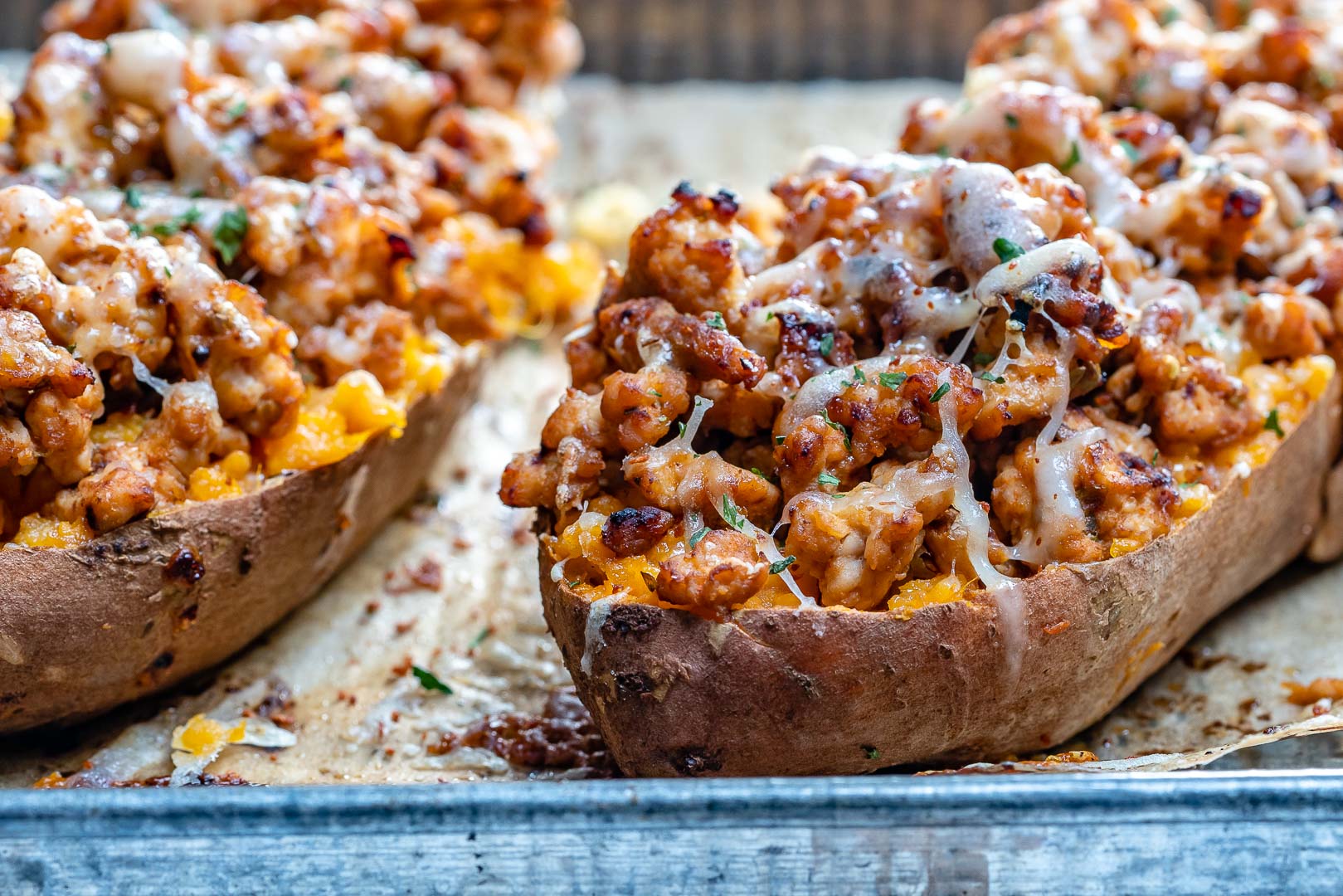
Myth 5 – Carbs Make You Fat
Carbohydrates are a macronutrient, meaning we need them in large quantities to maintain health. Carbohydrates are essential to healthy weight-loss, the right kind of carbohydrates that is. Carbohydrates can be broken down into simple and complex, complex carbohydrates are the ones we want! These carbohydrates are found in whole grains, legumes, and vegetables. Simple carbohydrates are often refined or processed. Complex carbohydrates help keep us full, provide sustained energy while exercising, and help balance hormones. Complex carbohydrates are especially important for women’s health! Here’s a list of Good vs. Bad Carbs.
Myth 6 – You Need to Go on a Diet
Diets are short-lived and often create more damage than they’re worth. In the long-term, dieting can lead to weight gain by disrupting hormone balance, affecting mental health, and creating chronic stress. Instead of focusing on a specific diet for weight loss, build a lifestyle around Clean Eating, or take the 30 Day Clean Eating Challenge. Switching to whole foods leads to sustainable weight loss by providing the body with everything it needs! With the focus on nourishment over restriction, you help your body release unwanted weight.





